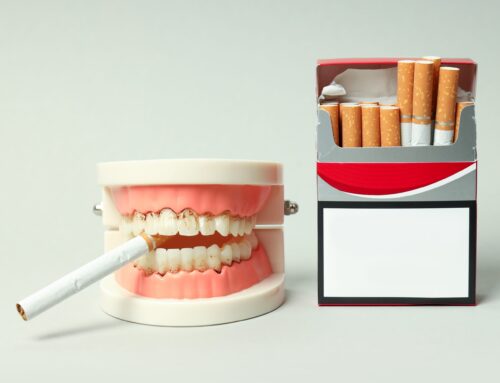Attention all foodies and dental health enthusiasts! Did you know that what you eat can have a major impact on the health of your teeth and gums? Yes, your dentist has been right all along; you really are what you eat! In this blog post, we delve into the surprising ways about the impact of diet on dental health, focusing on the vital role of vitamins and minerals. From the surprising benefits of crunchy veggies to the hidden dangers of sugary snacks, we’re dishing out all the juicy details on how to keep your smile shining bright. Get ready to sink your teeth into some seriously tasty (and tooth-friendly) advice.
Isn’t good oral hygiene enough?
When it comes to maintaining optimal dental health, brushing and flossing are not the only factors at play. Our diet plays a crucial role in promoting healthy teeth and gums. A well-balanced diet rich in essential vitamins and minerals can significantly impact our oral health, preventing dental problems and promoting overall well-being.
Find out more about good oral health.
What is the impact of diet on dental health?
- The Power of Vitamins
Vitamins are essential for the body’s overall functioning, and oral health is no exception. Vitamin C, found abundantly in citrus fruits and leafy greens, promotes healthy gum tissue and reduces the risk of gum disease. Vitamin D aids in the absorption of calcium, a mineral vital for strong teeth. Good sources of vitamin D include fatty fish, dairy products, and exposure to sunlight.
- Minerals for Strong Teeth
Calcium and phosphorus are the primary minerals that makeup tooth enamel, the protective outer layer of the teeth. Consuming dairy products, leafy greens, and nuts can help maintain optimal levels of these minerals.
- Antioxidants for Oral Health
Antioxidants, such as vitamins A and E, help protect the gums and other oral tissues from damage caused by free radicals. Foods like carrots, sweet potatoes, and spinach are excellent sources of vitamin A, while nuts and seeds provide vitamin E. Including these foods in your diet can help promote healthy gums and reduce the risk of periodontal disease.
- The Importance of Hydration
Water helps maintain saliva production, which plays a crucial role in preventing tooth decay and gum disease. It rinses away food particles, neutralizes acids, and provides minerals necessary for remineralizing tooth enamel. Opt for water over sugary beverages to promote good oral health.
- Limiting Sugar and Acidic Foods
While it’s important to focus on the foods that promote dental health, it’s equally crucial to limit the intake of sugar and acidic foods. Sugar fuels the growth of harmful bacteria that cause tooth decay, while acidic foods erode tooth enamel. Avoid excessive consumption of sugary snacks, carbonated drinks, and acidic fruits. When consuming such foods, it’s best to rinse your mouth with water afterward and wait before brushing.
Takeaway message
After exploring the impact of diet on dental health it’s time to make diet changes. By making simple changes to your diet, you can help keep your teeth and gums healthy for years to come. Whether you’re swapping out sugary sodas for water, snacking on tooth-friendly foods like apples and carrots, or incorporating more calcium-rich dairy products into your meals, small changes can make a big impact on your dental health.
Of course, a healthy diet is just one piece of the puzzle when it comes to maintaining a healthy smile. Regular brushing, flossing, and visits to the dentist are also essential for keeping your teeth and gums in top shape.







Leave A Comment